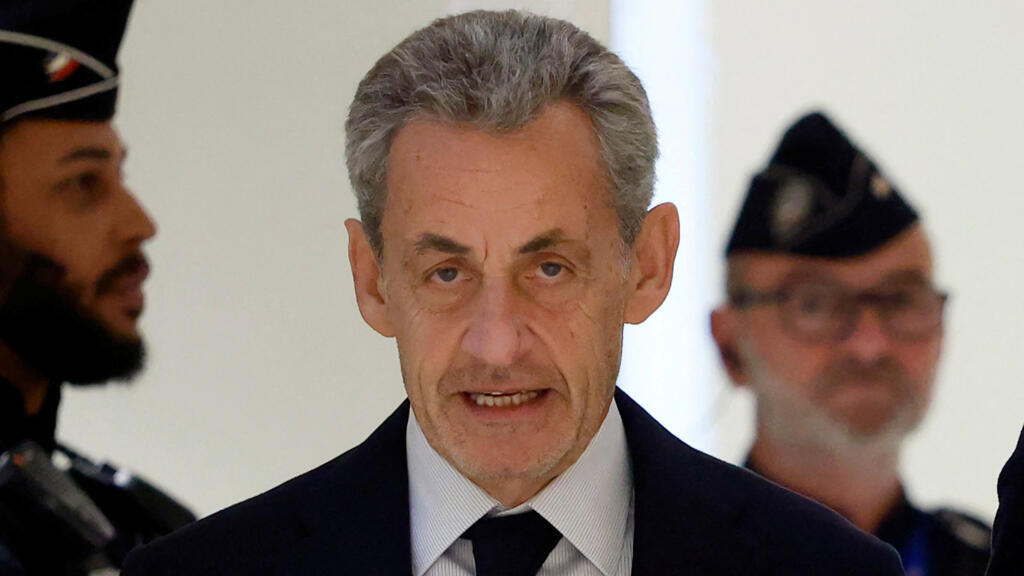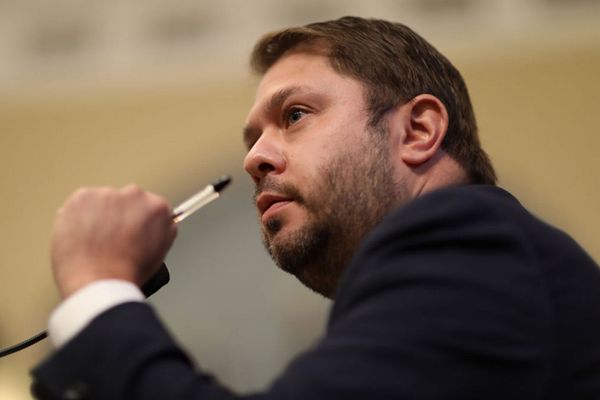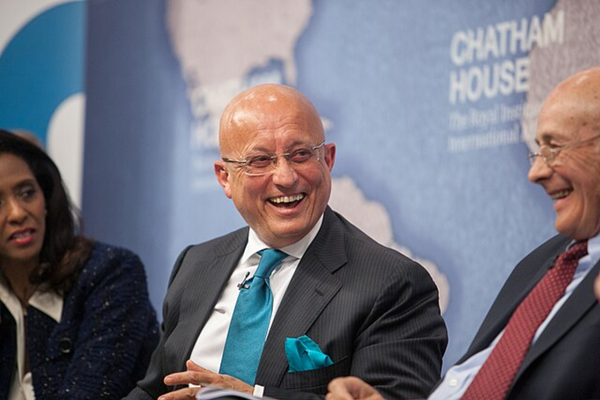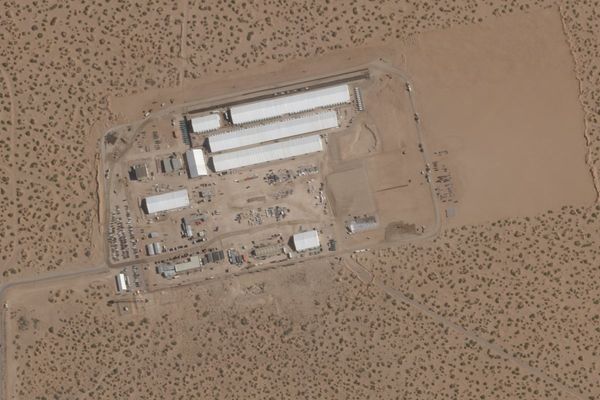
A court in France on Thursday sentenced former French president Nicolas Sarkozy to five years in prison after finding him guilty of criminal conspiracy in his trial over accusations the late Libyan dictator Moamer Kadhafi helped fund his 2007 presidential camapign.
After he was cleared of corruption charges, the court ordered that the 70-year-old politician should be placed in custody at a later date.
Prosecutors have been given one month to inform the former head of state when he should go to prison.
"I will sleep in prison with my head held high," said Sarkozy after announcing he will appeal against the verdict which will remain in force despite his pledge to continue his fight to clear his name.
Presiding judge Nathalie Gavarino told the Paris criminal court that as minister and president of the UMP, a centre-right party, Sarkozy had "allowed his close associates and political supporters – over whom he had authority and who were acting on his behalf" to approach the Libyan authorities.
They did so "in order to obtain or attempt to obtain financial support in Libya with a view to financing the 2007 campaign".
But the judges rejected the case made by the National Financial Prosecutor’s Office, which had described Sarkozy as a beneficiary of corruption through the alleged use of Libyan funds.
The court acquitted him of concealment of embezzlement of Libyan public money, passive corruption and illegal campaign financing.
"For the court, the material elements have not been established that a corruption offence has been committed," said Gavarino.
Paris court to rule on Sarkozy’s fate in Libya financing scandal
Guéant, Hortefeux guilty
Two of Sarkozy’s closest allies were also convicted. Claude Guéant was found guilty of passive corruption and forgery. Brice Hortefeux was found guilty of criminal conspiracy.
Eric Woerth, treasurer of the 2007 campaign, was acquitted.
The court confirmed that charges against Franco-Lebanese businessman Ziad Takieddine had been dropped following his death in Lebanon on Tuesday, after receiving an official death certificate. Takieddine had been a key figure in the case.
Prosecutors argued that in exchange for illicit funding, Sarkozy helped ease Moamer Kadhafi’s Libya back onto the international stage.
Sarkozy corruption trial wraps up over Libya campaign fund allegations
A litany of trials
Sarkozy’s judicial setbacks have multiplied since he left the Élysée in 2012.
In 2021 he became the first French president since World War II to be sentenced to jail when he received a one-year term for corruption. He served it at home with an electronic tag before being granted conditional release.
He was later convicted in the so-called Bygmalion affair over overspending during his failed 2012 re-election campaign.
An appeals court last year upheld the ruling but reduced his sentence to six months in prison and six months suspended. Sarkozy is still contesting that decision.
Despite his court battles, Sarkozy has kept influence within the French right.
Nicknamed the “hyper-president” for his restless style in office, he continues to be received at the Élysée and has offered counsel to President Emmanuel Macron. Many conservative voters remain drawn to his combative approach.
Sarkozy's critics say years of trials and corruption claims have permanently tarnished his record. Supporters argue instead that he is the victim of a relentless campaign to drive him off the political stage.
Thursday’s verdict is unlikely to mark the end. Sarkozy is pursuing multiple appeals, and even his wife Carla Bruni-Sarkozy has been charged with witness tampering in a related case.







